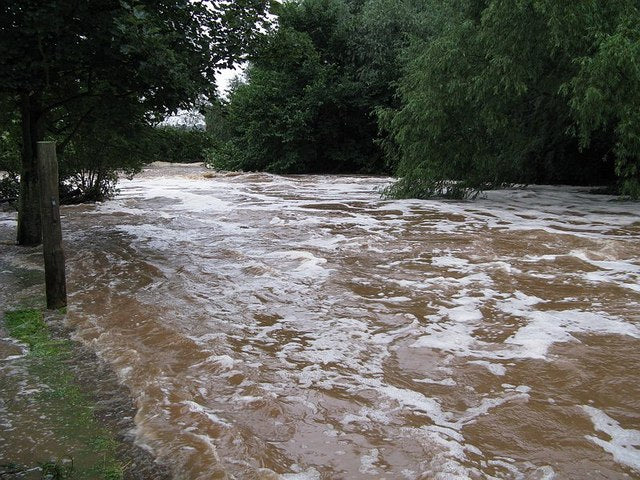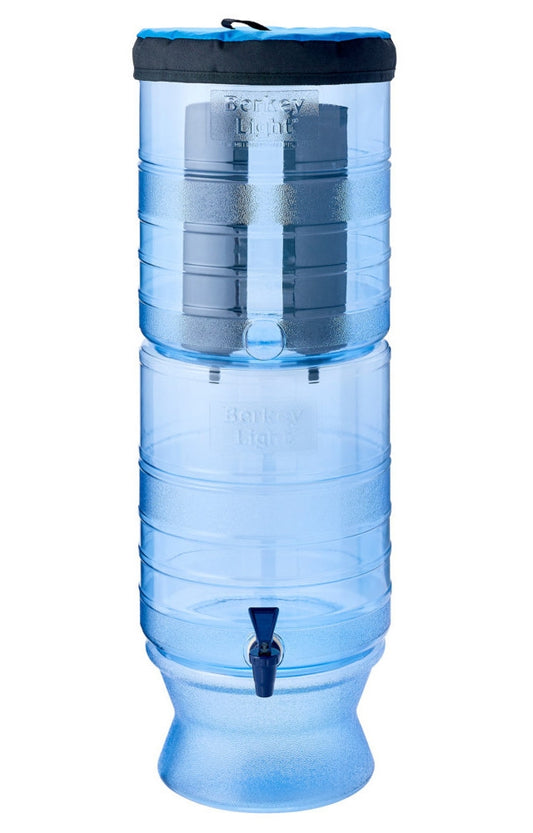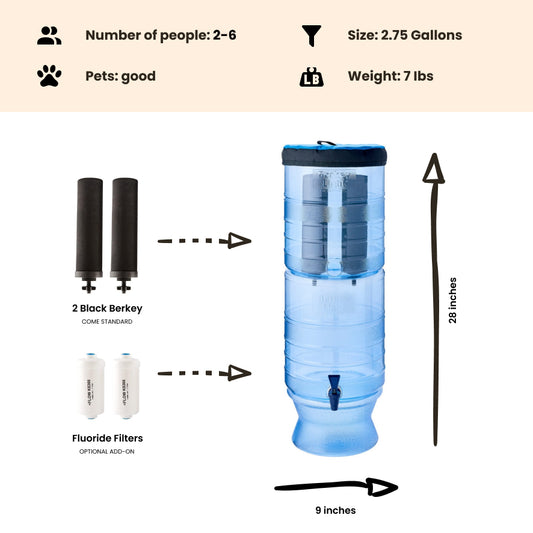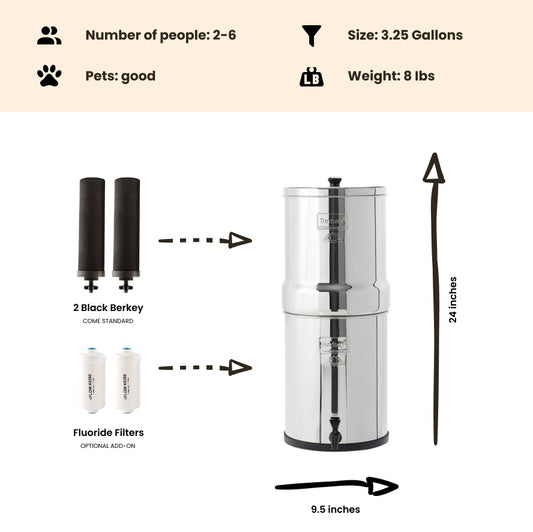
Watershed Biogeochemistry is Influenced by Stormy Weather
By Dan DeBaunShare
A new study led by researchers from Yale University suggests that severe storm events cause excessive amounts of organic matter to circumvent headwater systems, resulting in this material being pushed downstream where it flows into larger rivers, inland basins and coastal waters, having profound effects on water quality throughout the watershed.
The study, which was recently published in the scientific journal Ecology, has found that this phenomenon not only affects water quality, but also the ecology and chemical processes that take place within these ecosystems. Dissolved organic material — which consists of a mixture of various compounds that leach into freshwater systems that gives streams and rivers their color — is also a source of nutrients and contaminants, and it has a large influence on light penetration into the water and the release of carbon dioxide from the water, which consequently affects abundance of phytoplankton — primary producers at the bottom of aquatic food chains that are directly and indirectly a key food source for a wide range of organisms.
Until now, scientists have believed that organic matter is naturally processed in the upper stretches close to its origins, broken down by freshwater organisms dwelling in these headwaters into new compounds, which are then carried downstream and processed by organisms living further downstream, with a similar process occurring right throughout the freshwater system — a process that scientists refer to as the "River Continuum Concept".
However, this new study highlights the fact that this process doesn't take heavy storm events into account, which send "pulses" of organic material into waterways. Not only are large amounts of debris pushed downstream during these events, because the flow rate is much faster during heavy storm events, they are pushed beyond the headwaters before the above reactions have had time to take place — a theory referred to as the "pulse-shunt concept."
"We predict that a lot of this organic matter is actually shunted past the small streams and the reactions occur in the larger rivers or even in the coastal ocean," said lead author, Peter Raymond, a professor of ecosystem ecology at the Yale School of Forestry & Environmental Studies (F&ES). "We also offer a new conceptual theory for watershed biogeochemistry that demonstrates this through first principles and is transferable to other watersheds and other nutrients."
Previous studies estimated that around 60% of organic matter originating from terrestrial sources occurs over 15 days, including days where heavy rainfall or snow melt occurred.
According to Raymond, even though heavy weather occurs infrequently, more organic matter is transported from the landscape during heavy storm events than in smaller events, as the concentration of the material increases in relation to the size of the event. However, he points out that the 'shunt', or flow rate, during these more severe events results in more material flowing downstream as there is insufficient time for it to be processed by organisms further upstream. As a result, we see a "double additive effect" where more of this organic material is exported to coastal waters," explains Raymond.
According to the authors, these shifts in the transportation of dissolved organic matter could potentially affect water clarity, dissolved oxygen concentrations, and could also be a source of mercury to inland freshwater systems.
This clearly has implications for drinking water quality too. While turbidity and dissolved solids can affect the appearance of drinking water, making it unpleasant to drink, the suspended organic matter can also harbor contaminants such as mercury, making it unsafe to drink.
Journal Reference
PA Raymond, JE Saiers & WV Sobczak. Hydrological and biogeochemical controls on watershed dissolved organic matter transport: pulse-shunt concept. Ecology. Vol 97(1). Jan 2016; DOI: 10.1890/14-1684
-
Regular price From $302.00 USDRegular priceUnit price / per
-
Regular price $234.00 USDRegular priceUnit price / per
-

 Sold outRegular price From $305.00 USDRegular priceUnit price / per
Sold outRegular price From $305.00 USDRegular priceUnit price / per -
Regular price $327.00 USDRegular priceUnit price / per
-
Regular price From $367.00 USDRegular priceUnit price / per
-
Regular price From $408.00 USDRegular priceUnit price / per
-
Regular price From $451.00 USDRegular priceUnit price / per

Dan DeBaun
Dan DeBaun is the owner and operator of Big Berkey Water Filters. Prior to Berkey, Dan was an asset manager for a major telecommunications company. He graduated from Rutgers with an undergraduate degree in industrial engineering, followed by an MBA in finance from Rutgers as well. Dan enjoys biohacking, exercising, meditation, beach life, and spending time with family and friends.
~ The Owner of Big Berkey Water Filters
















